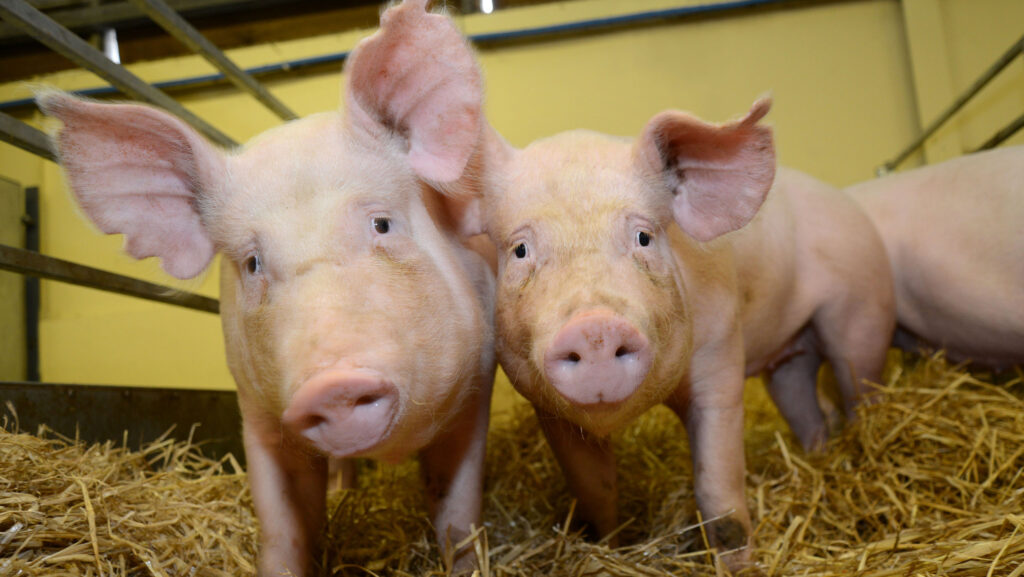Gene-edited pigs approved for sale in US after UK breakthrough

In a ground-breaking development for agricultural biotechnology, pigs engineered to resist one of the most economically damaging diseases in livestock have been approved for sale in the US.
The United States Food and Drug Administration (FDA) has given the green light to pigs modified with gene-editing technology to resist porcine reproductive and respiratory syndrome (PRRS).
Developed using technology pioneered at the University of Edinburgh’s Roslin Institute, the gene-edited pigs are resistant to PRRS, a disease that causes respiratory issues, fever and reproductive failure.
The illness is widespread in pig-producing areas and is estimated to cost the industry approximately $2.5 billion (£1.75 billion) annually in the US and Europe.
The FDA's landmark approval follows years of scientific research and regulatory collaboration, paving the way for commercialisation of the pigs in the US and potentially in other global markets.
Researchers at the Roslin Institute targeted the CD163 gene, which produces a receptor on pig cells that the PRRS virus exploits to infect the animal.
By editing out a specific segment of this receptor—while leaving the rest of the gene functional—scientists created pigs that are immune to the virus without any apparent negative impact on their health or wellbeing.
The Roslin team worked with animal genetics firm Genus, which also incorporated licensed technologies from other institutions, to develop pigs carrying this precise genetic modification.
Professor Bruce Whitelaw of the Roslin Institute stated: “This is a milestone in the use of gene editing in livestock, and a landmark moment for the industry towards managing a global disease that causes devastating losses.”
Gene editing – making targeted changes to DNA in a lab – allows scientists to rapidly introduce beneficial traits in plants and animals, which can take decades to achieve through traditional breeding programmes.
This approval could pave the way for further applications of the technology in agriculture, offering a powerful tool to tackle some of the sector’s most persistent challenges.
Jorgen Kokke, chief executive officer of Genus, hailed the FDA’s decision: "Approval is a fantastic achievement for Genus PIC and represents a major step towards US commercialisation.
"We will now continue to pursue regulatory approvals in other international jurisdictions with a focus on key US export markets."








